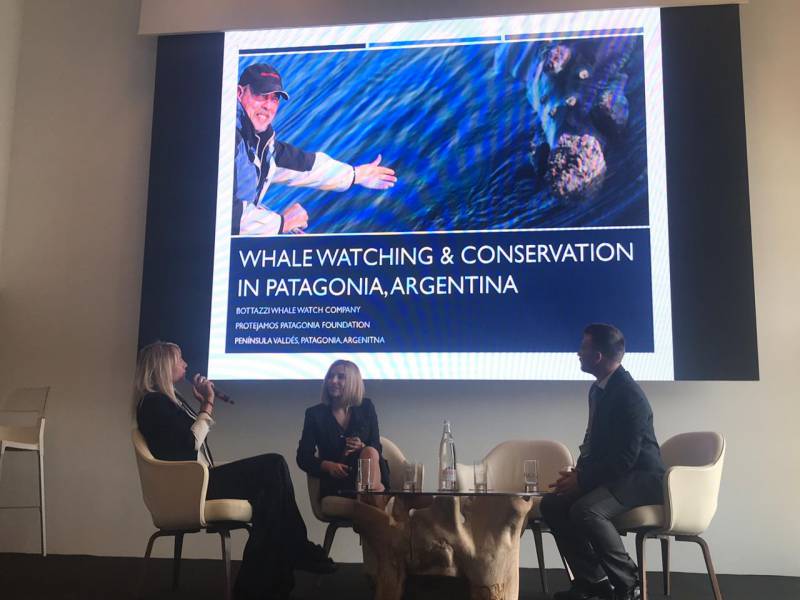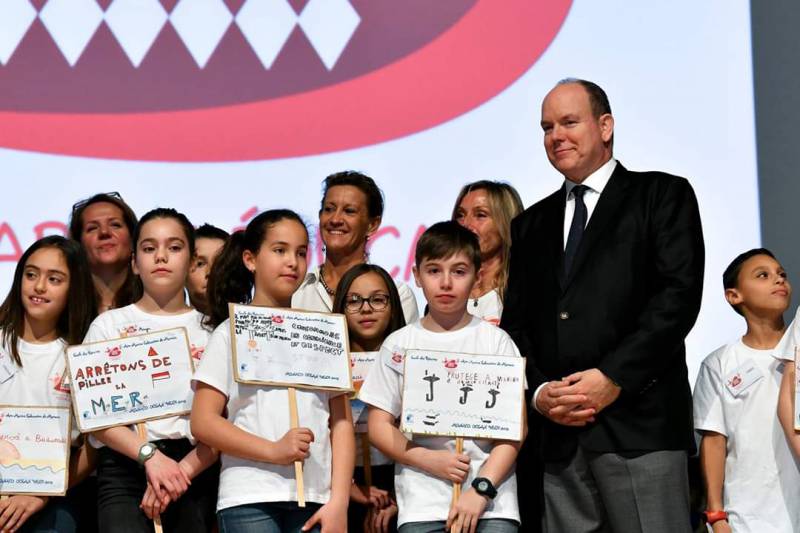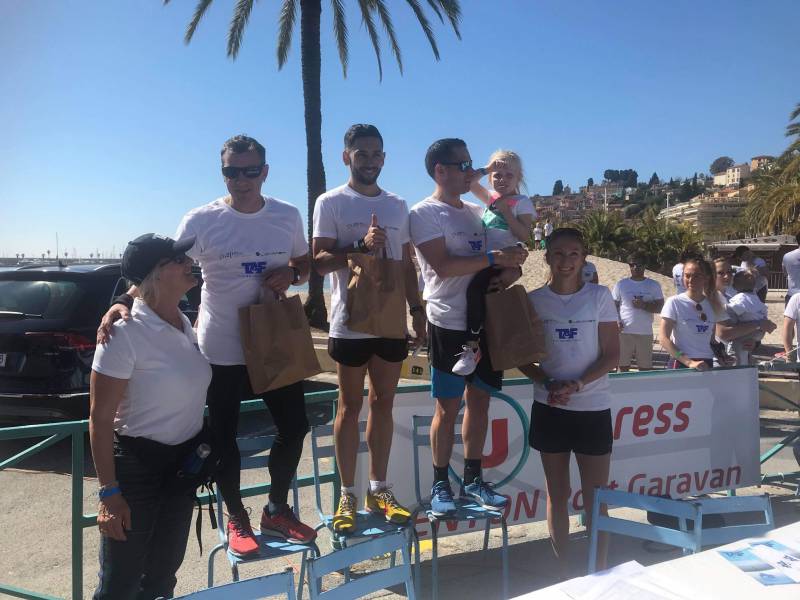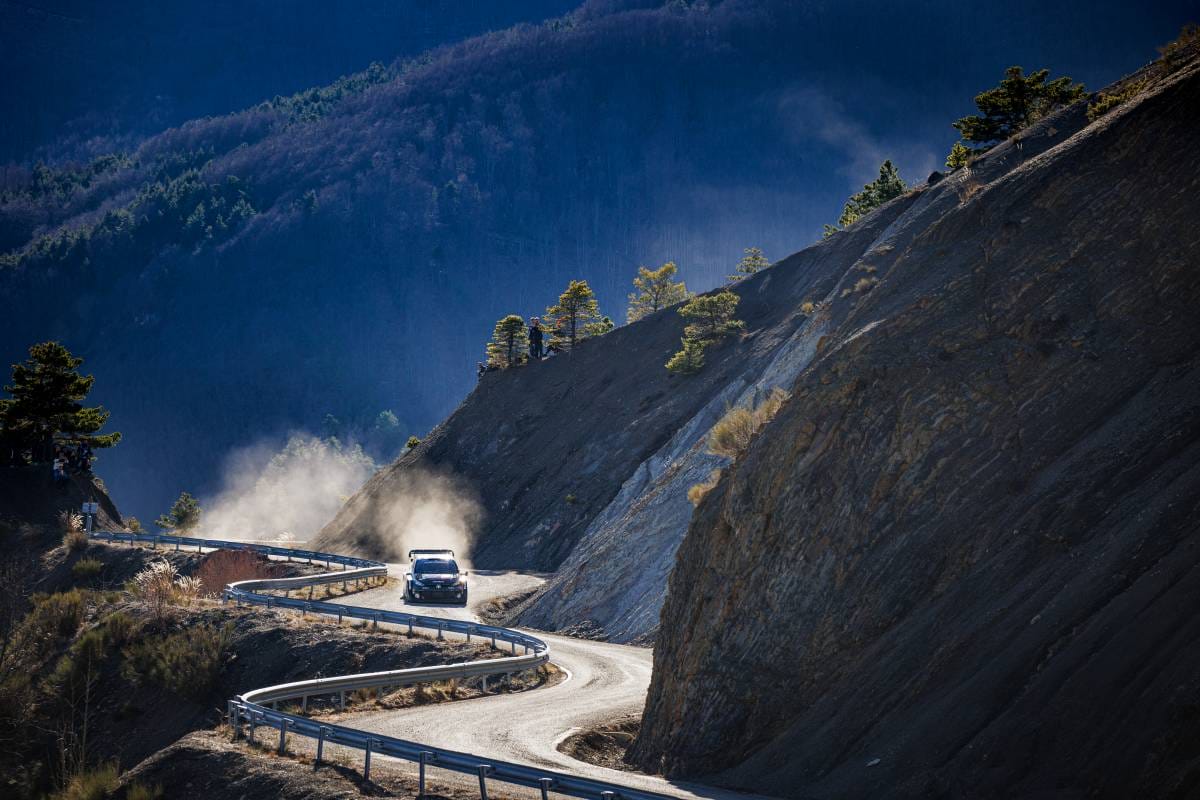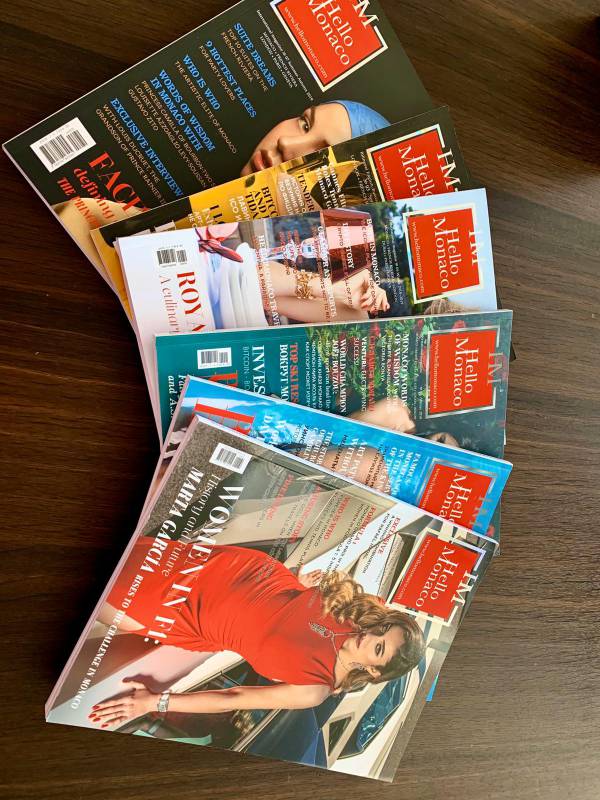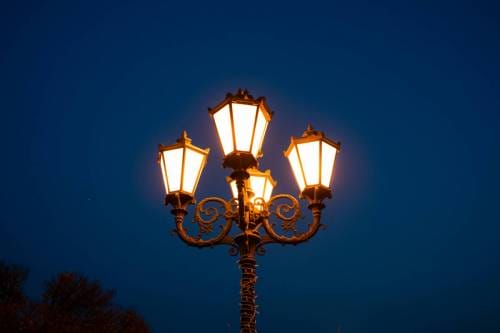Marine ecosystems are some of the most fragile environments prone to considerable risks able to jeopardize plant and animal species. How can we effectively protect Oceans? Monaco Ocean Week 2019
Panel of stakeholders and members of Association Monaco Argentina (AMA) chaired by its president, María Eugenia Rubinelli (on left side) [Yacht Club de Monaco, 26th March 2019]. © Association Monaco Argentina Ecotourism , for example, can play as a crucial economic driving force as long as it brings mutual benefit to the marine biodiversity. That was clear from the debate promoted, last Tuesday (26th March 2019) at the Yacht Club de Monaco , by Association Monaco Argentina (AMA) , which has been involved in educational, culture and health projects since its establishment in 2006. A panel of stakeholders focused on how to protect Southern Right Whales in Patagonia (Argentina).
Panel of stakeholders debating about Right Whales in Patagonia (Argentina) presented by David Gamba from Antarctic Blanc Expedition [Yacht Club de Monaco, 26th March 2019].© Association Monaco Argentina Panel of stakeholders debating about Right Whales in Patagonia (Argentina) presented by David Gamba from Antarctic Blanc Expedition [Yacht Club de Monaco, 26th March 2019].© Association Monaco Argentina Romina Bottazzi , President of “Fundación Protejamos Patagonia”, new NGO based in Puerto Pirámides. Eco-tourism is open to evaluate economically fauna species considered as a common asset for humanity to be enjoyed with all due respect.
H.S.H. the Sovereign Prince, H.E. Bernard Fautrier, Vice-President of FPA2, Florence Descroix-Comanducci, ACCOBAMS Secretary General and Françoise Ragazzoni, president of Monaco Soroptimist Club ìat ACCOBAMS Survey Initiative conference [Yacht Club de Monaco, 27th March 2019].© M. Alesi & ACCOBAMS Direction de la Communication Stephanie Stefanski , environmental policy and economics Ph.D. candidate at the Duke Nicholas School of the Environment (NY, USA).
Stephanie Stefanski, environmental policy and economics Ph.D. candidate at the Duke Nicholas, presenting the results of her survey [Yacht Club de Monaco, 26th March 2019].© Maurizio Abbati Enrique Alberto Crespo , researcher specialized in marine mammals at the renowned Centro Nacional Patagónico (CONICET) testified that combination between human actions and iconic ocean fauna can be productive, if respectful and educational.
Professor Enrique Alberto Crespo lecturing at AMA conference on Southern Right Whales [Yacht Club de Monaco, 26th March 2019].© Maurizio Abbati Aire Marine É ducative de Monaco’ by the will of the Monegasque Association for the Protection of Nature , held at the Musée Océanographique on Wednesday morning (27th March 2019), in the presence of H.S.H. the Sovereign Prince and students from the École de Révoires, fits perfectly with the need to involve children and their parents in co-managing a coastal area of environmental importance, acting as eco-ambassadors.
H.S.H. the Sovereign Prince with students from École de Révoires [Musée Océanographique, 27th March 2019].© Gouvernement Princier H.S.H. the Sovereign Prince with students from École de Révoires [Musée Océanographique, 27th March 2019].© Gouvernement Princier ACCOBAMS Permanent Secretariat , in partnership with Monaco Soroptimist Club and Prince Albert II of Monaco Foundation , presented on Wednesday evening at the Yacht Club de Monaco : “A look at the Mediterranean Sea: Focus on the surprising results of an unprecedented campaign ”.
Daniel De Winter from TAF commenting on plastic-free 10 tips [Yacht Club de Monaco, 27th March 2019].© Maurizio Abbati ACCOBAMS Survey Initiative Florence Descroix-Comanducci , ACCOBAMS Secretary General.
Distinguished audience attending ACCOBAMS Survey Initiative conference [Yacht Club de Monaco, 27th March 2019]. © M. Alesi & ACCOBAMS Direction de la Communication Berit Legrand, president and founder of TAF, informing how to adhere to TAF plastic-free campaign [Yacht Club de Monaco, 27th March 2019]. © Maurizio Abbati The Animal Fund (TAF) a non-profit marine mammal conservation association operating in Monaco and France, provided a useful best practice list of actions.
Distinguished audience attending ACCOBAMS Survey Initiative conference [Yacht Club de Monaco, 27th March 2019]. © M. Alesi & ACCOBAMS Direction de la Communication Distinguished audience attending ACCOBAMS Survey Initiative conference [Yacht Club de Monaco, 27th March 2019]. © M. Alesi & ACCOBAMS Direction de la Communication Whaleton, running for the Ocean ”, TAF special marathon to say “No to plastic and Yes to the Ocean”, that last Saturday, on the 23rd March 2019, in Menton, gathered 400 eco-runners led by the record woman, Paula Radcliffe .
“Whaleton, running for the Ocean”, TAF marathon to say “No to plastic and Yes to the Ocean” (Menton, 23rd March 2019).© The Animal Fund (TAF) “Whaleton, running for the Ocean”, TAF marathon to say “No to plastic and Yes to the Ocean” (Menton, 23rd March 2019).© The Animal Fund (TAF) For further details about Monaco Ocean Week please visit: www.monacooceanweek.org/en/


